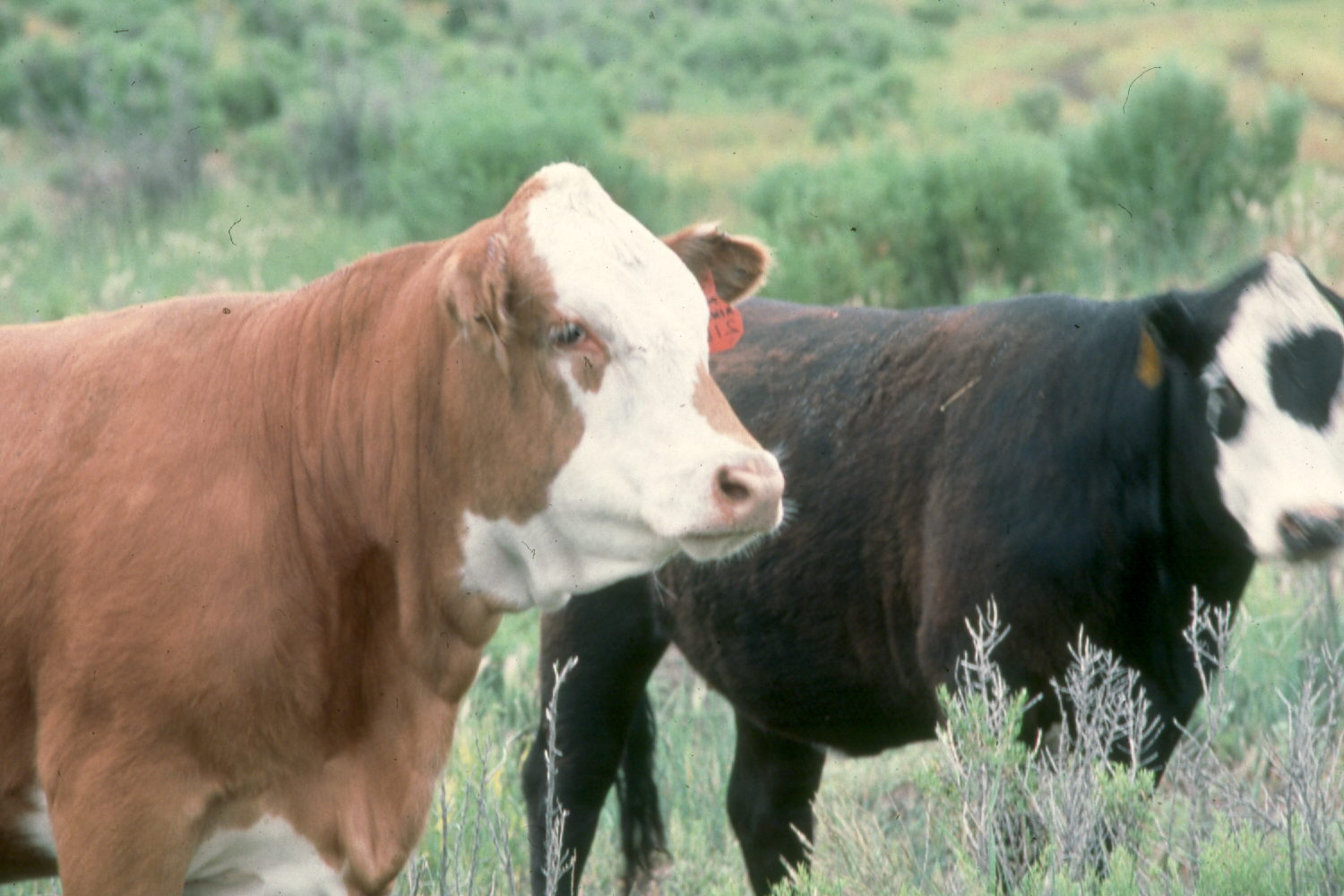B.L.M.
-
Attached is a Zoom talk I gave to the Massachusetts Sierra Club on the ecological costs of livestock grazing in the West, but I also provide evidence that livestock production has a serious global impact.
-
Prime pygmy rabbit sagebrush habitat along the Big Lost River where I lived while working for the Challis National Forest. Photo George Wuerthner Years ago, I worked on the Challis National Forest and lived along the Big Lost River in Central Idaho. One of my favorite winter activities was skiing through the big sagebrush…
-
Coyotes are the prime target of M-44s, but numerous other wildlife and pets are also killed by these devices. Photo George Wuerthner Today, the Biden Administration’s Department of Interior has formally banned M-44 or what are known as cyanide bombs, from 245 million acres of Bureau of Land Management federal lands. M-44 are spring-loaded ejectors…
-
Cattle grazing in the Blue Range Wilderness of New Mexico. Photo George Wuerthner Anyone who has ever worked on public lands livestock issues knows that modifying the negative impacts of ranching operations, much less eliminating them, is nearly impossible. Domestic livestock grazing even occurs in national parks, national monuments, wilderness areas, and other public lands…
-
Ungrazed juniper and grass in Sutton Mountain Proposed Wilderness, Oregon. Photo George Wuerthner One of the most common assertions from the livestock industry and range managers is that juniper is “invading” landscapes, sucking up water that would sustain grasses, and harming wildlife. Of course, these assertions are seldom challenged. Given that grass seems absent from…
-
Livestock grazing in the Great Basin has increased cheatgrass, a highly flammable annual grass. Livestock advocates allege targeted grazing can reduce large wildfires. Photo George Wuerthner A recent publication in the Journal of Rangeland Ecology and Management, “Evaluating the efficacy of targeted cattle grazing for fuel break creation and maintenance,” perpetuates the myth that livestock…
-
Targeted grazing seeks to create vegetation free zones, which advocates suggest will assist firefighters in controlling blazes. However, the collateral damage from grazing vastly exceeds any benefits. Photo George Wuerthner A recent article in the Post Register described the research that the University of Idaho Range Department conducted on fuel breaks, especially those resulting…
